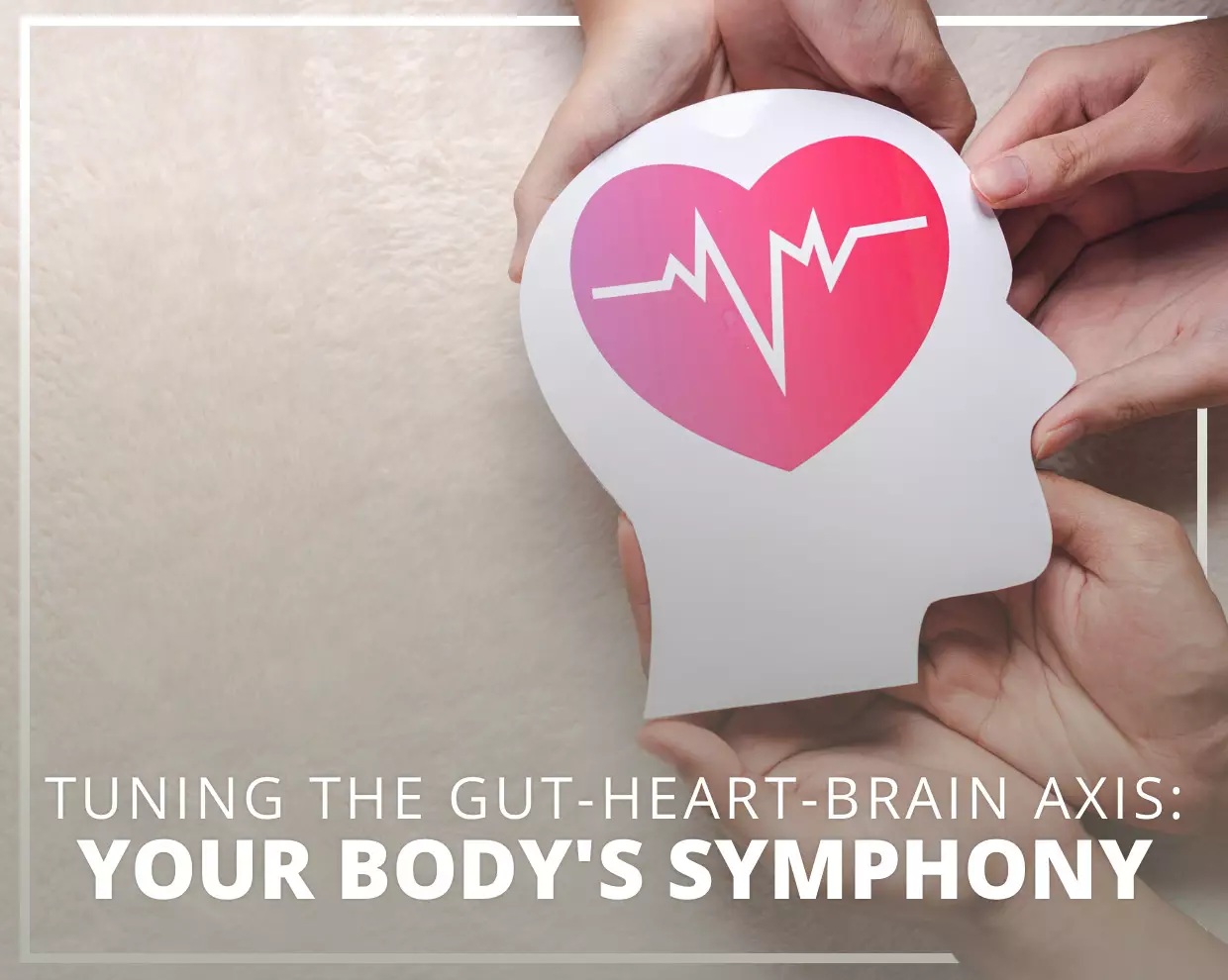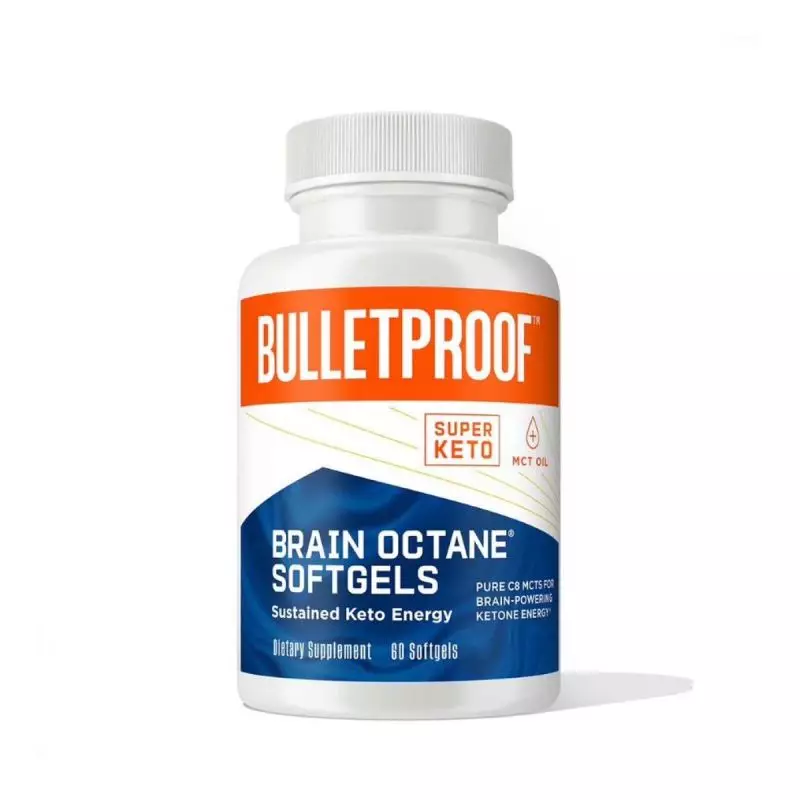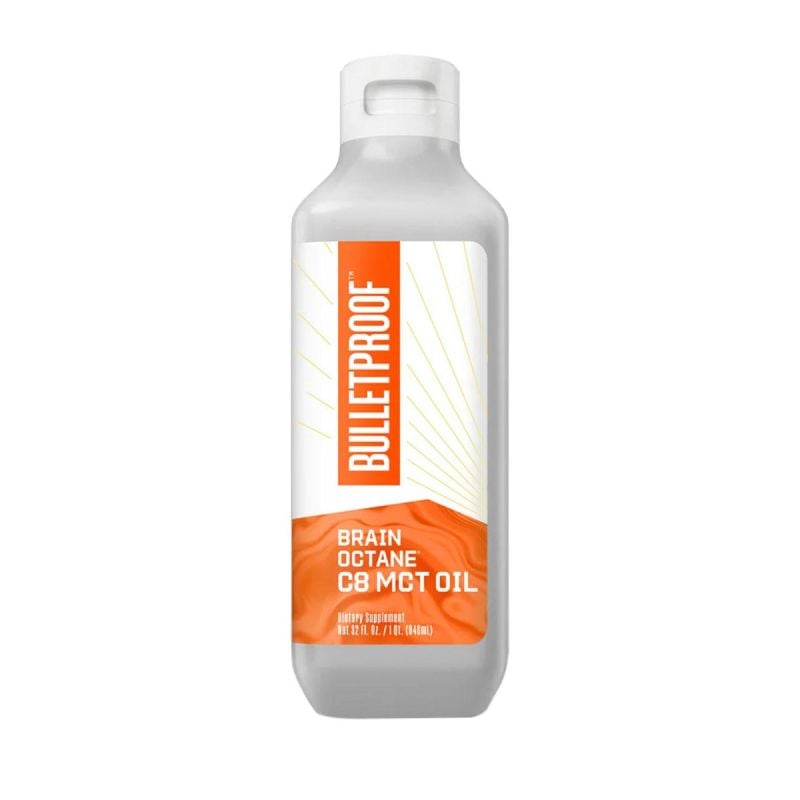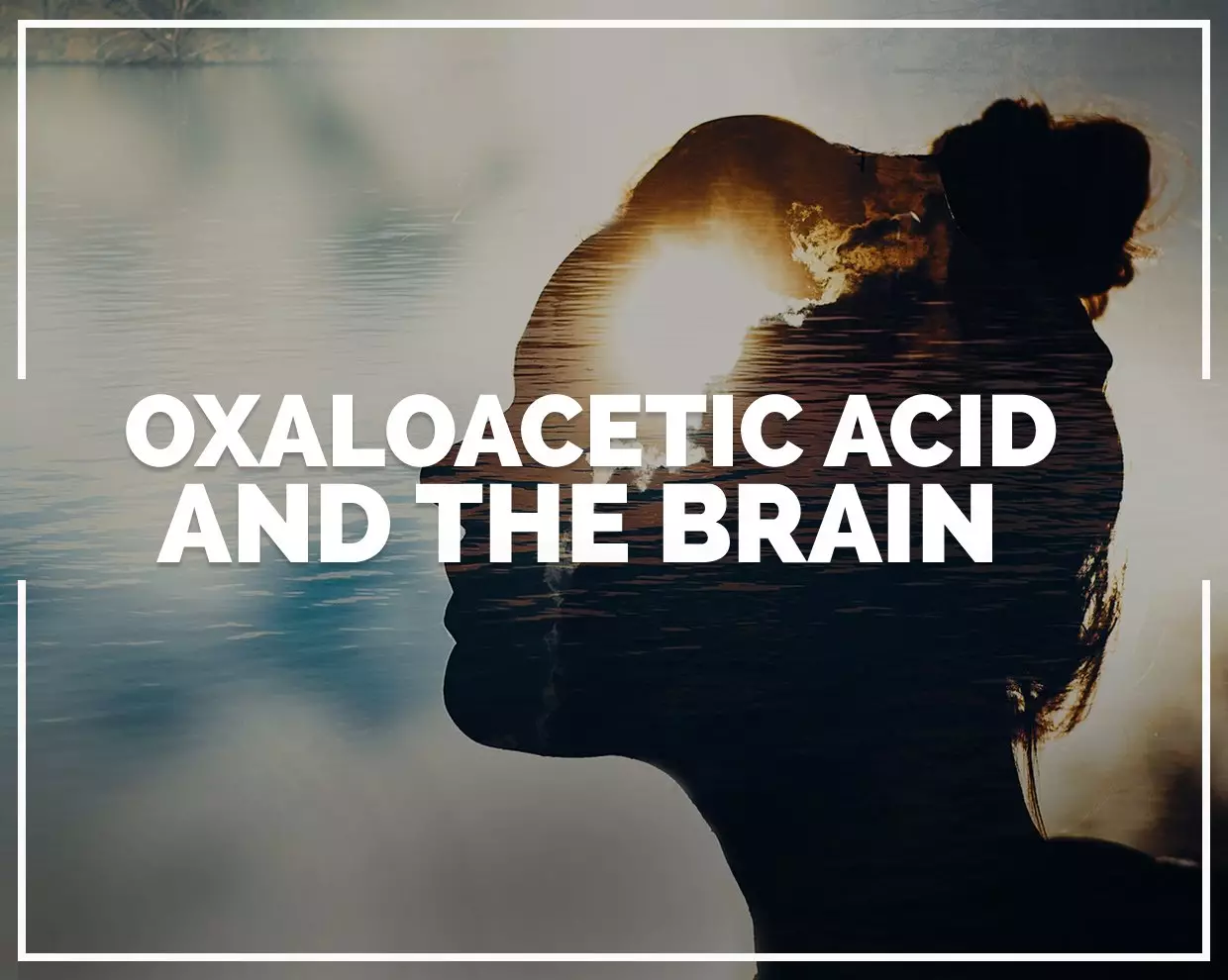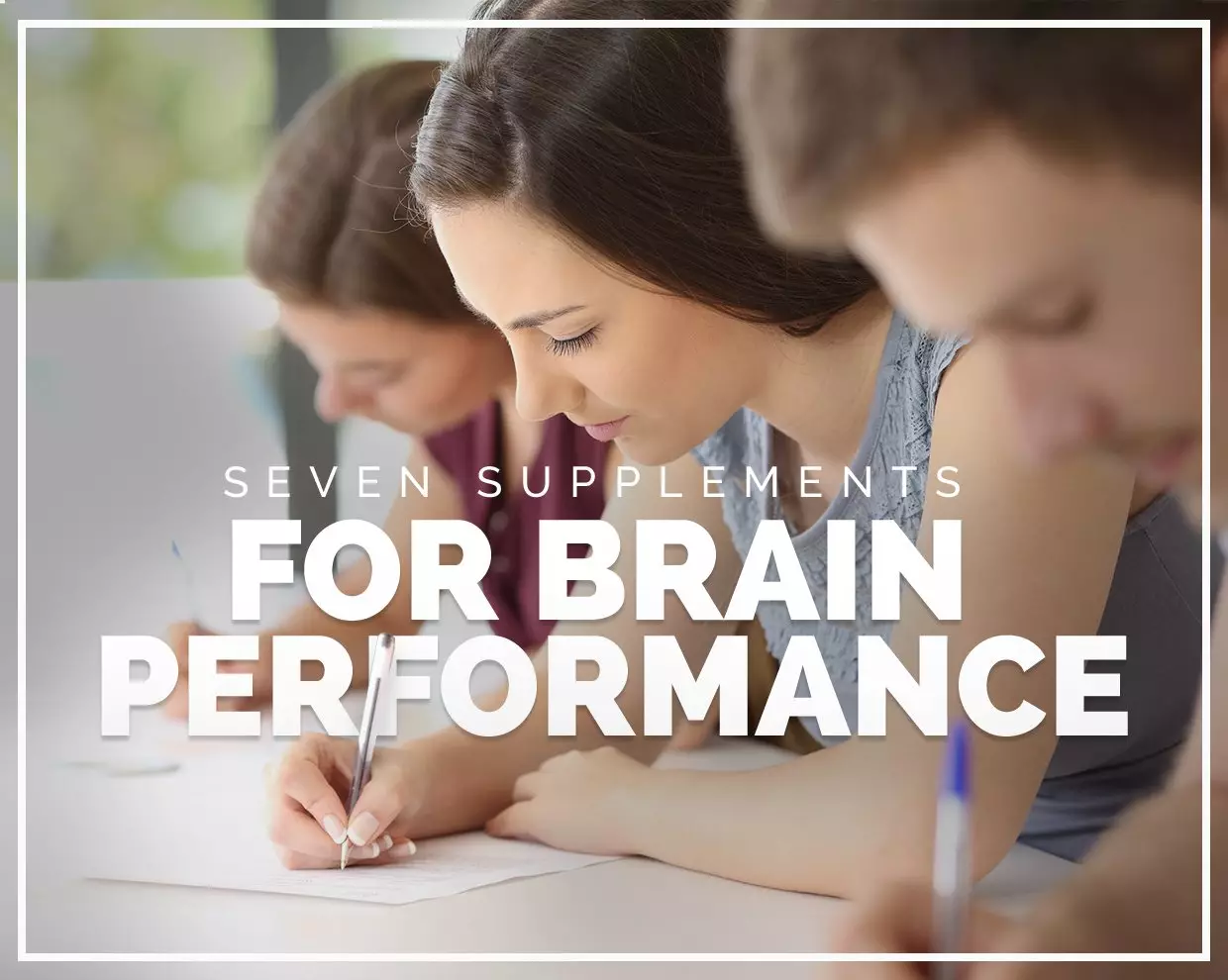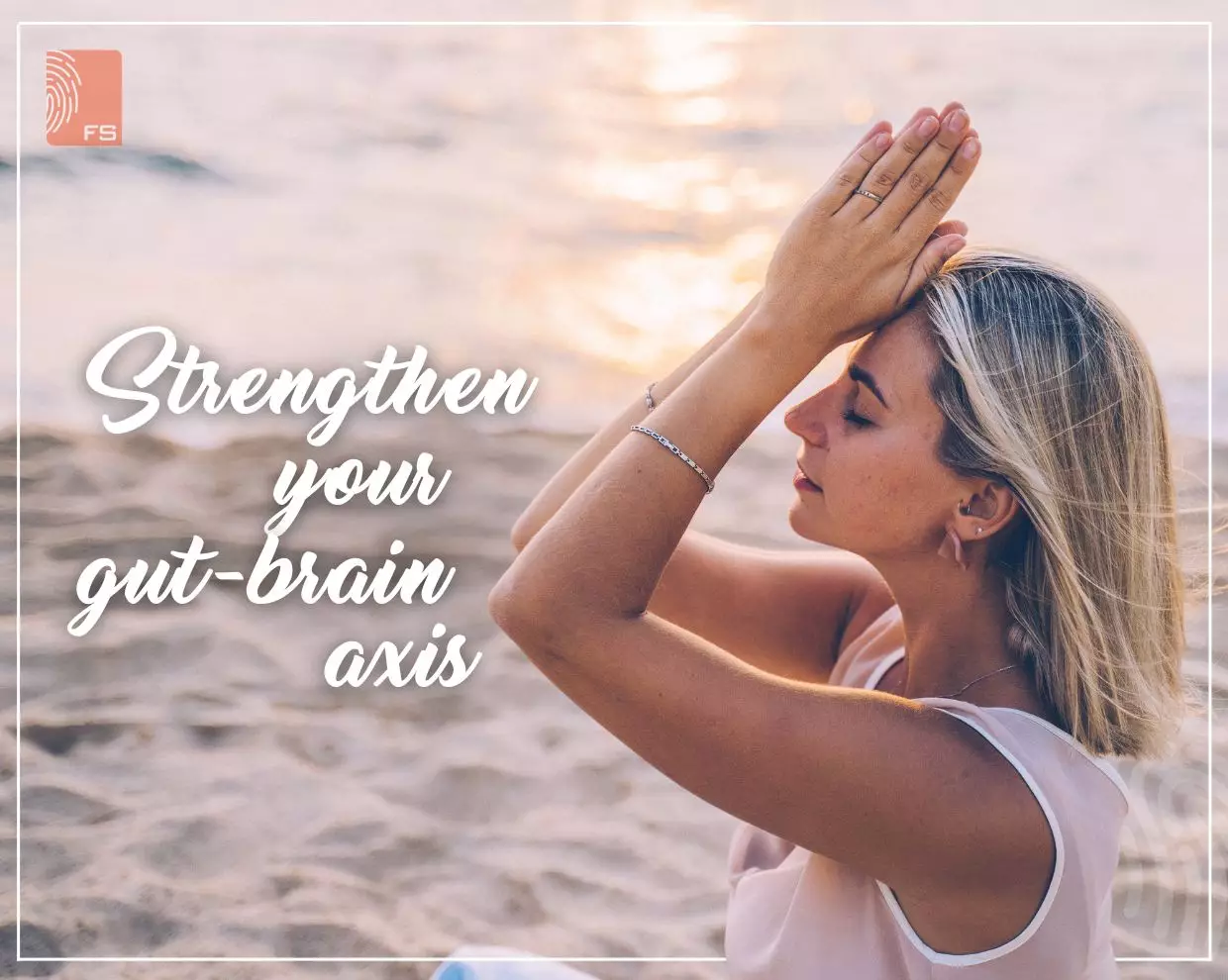Imagine your body as a bustling city. Each organ is an interconnected borough, uniquely dedicated to a particular function, but crucially interconnected in ensuring the city thrives. The foundation of this bustling metropolis is the gut-heart-brain axis, a remarkable interconnected system that impacts our health and wellbeing in surprising and profound ways.
Introduction to the Gut-Heart-Brain Axis
The gut-heart-brain axis is a complex network connecting our digestive tract, heart, and brain. These three major players interact and communicate with each other in surprising ways, influencing everything from our digestion to our emotional wellbeing, cardiovascular health, and cognitive function. [1]
In the world of science, the gut-heart-brain axis is a relatively new concept, gaining recognition as we uncover more about the interconnectedness of our body systems. Essentially, it's a busy communication highway, with messages being sent between the gut, heart, and brain, often at rapid speed.
Your Gut: The Second Brain
The gut, or more specifically, the gut microbiome, is a complex ecosystem of bacteria, viruses, and fungi that live in our digestive system. This diverse community of microbes plays a critical role in digesting food, synthesising vitamins, and fighting off harmful pathogens. [2]
Not only does the gut microbiome play an essential role in digestion, but it also communicates with our brain via the vagus nerve, hormones, and immune system. This communication is so influential that scientists have dubbed the gut as our 'second brain'.
Gut health has a significant impact on mental wellbeing. It influences the production of neurotransmitters like serotonin, a mood-enhancing chemical that's predominantly made in our gut. [3] Disruptions in the gut microbiome have been linked with various psychological conditions, including depression, anxiety, and stress.
One way to help support a healthy gut microbiome is through products like Ion Biome Gut Support. This unique formula encourages a healthy gut environment, helping to maintain balance in our gut microbiome and support our overall wellbeing.
The Heart: Pumping Life and Information
The heart, on the other hand, has traditionally been viewed as a simple, albeit vital, pump. But modern research shows that the heart does more than just pump blood; it's a sensory organ, continually relaying signals to the brain about how the body is doing. This interplay influences our emotions, cognitive functions, and overall sense of wellbeing. [4]
Moreover, the heart’s electromagnetic field, which extends outside the body, can change based on our emotional state and can even influence people around us. [5] Additionally, heart health can be directly affected by our gut microbiome. For example, harmful bacteria in the gut can lead to inflammation, contributing to cardiovascular diseases. [6]
The Brain: Command Centre with Many Advisers
The brain, our central command centre, receives continuous updates from the gut and heart, using this information to regulate bodily functions and influence our thoughts, emotions, and behaviour.
Stress, for example, triggers the brain to send signals to the gut, often leading to digestive problems. [7] Conversely, a healthy gut can send positive signals to the brain, helping to reduce stress and promote mental wellbeing.
Yet, to function optimally, our brain requires not just positive signals, but also a steady supply of energy. One potent source of such fuel comes from Medium-Chain Triglycerides (MCTs). MCTs are a type of fat that is rapidly converted into ketones, a form of energy that the brain can utilise even more efficiently than glucose. [8]
Using an MCT Oil supplement can be a beneficial way to boost cognitive performance and support brain health. Two top-notch options to consider are Bulletproof Brain Octane Oil and Bulletproof MCT Oil. These products are both pure and sourced from 100% sustainable coconut oil, providing the high-quality MCTs needed to fuel your brain.
Not only does MCT oil supply rapid energy for the brain, but it also supports fat burning and can help regulate your gut microbiome, making it a triple-threat for overall wellbeing. [9]
The Power of the Gut-Heart-Brain Axis
Understanding the gut-heart-brain axis can empower us to take charge of our health. By supporting each part of this axis, we can improve our overall wellbeing.
Diet is one of the most powerful tools we have for supporting our gut-heart-brain axis. Consuming a diverse range of plant-based foods, lean proteins, healthy fats, and fermented foods can help to maintain a healthy gut microbiome. Regular exercise, stress management techniques like meditation or yoga, and a good night's sleep can also enhance our gut, heart, and brain health. [10]
Conclusion
As we unravel the intricate workings of the gut-heart-brain axis, we gain a greater appreciation of our body's interconnectedness. The gut-heart-brain axis reminds us that good health is not just about targeting one area but nurturing our whole system. We're a bustling city, after all, and every part has a critical role to play.
It’s like a symphony with each section playing in harmony to create a beautiful piece of music. The gut-heart-brain axis is our melody of health, echoing the beautiful interconnectedness of our body systems.
Want to dive deeper into the exciting world of gut-heart-brain axis and its impact on your health? Visit Functional Self's blog for more enlightening articles and the latest science-backed strategies for achieving optimal health. Remember, your journey to a healthier, happier self starts with a single step.
References
1 The gut-brain axis: interactions between enteric microbiota, central and enteric nervous systems
2 The role of gut microbiota in immune homeostasis and autoimmunity
3 Serotonin
4 Anatomy, Central Nervous System
5 Exploring the Role of the Heart in Human Performance
6 Gut Microbiota in Cardiovascular Health and Disease
7 The gut-brain connection
8 Effects of Ketone Bodies on Brain Metabolism and Function in Neurodegenerative Diseases
9 Dietary Neuroketotherapeutics for Alzheimer’s Disease: An Evidence Update and the Potential Role for Diet Quality
10 Exploring the therapeutic effects of yoga and its ability to increase quality of life

 UK Store
UK Store  NZ Store
NZ Store AU Store
AU Store EU Store
EU Store

